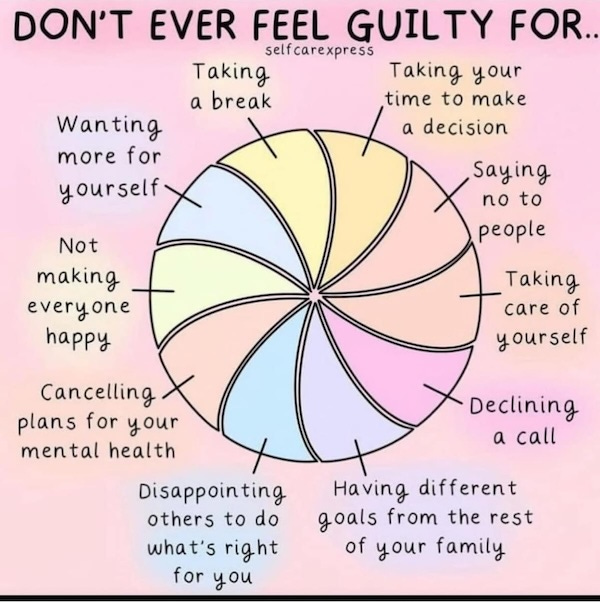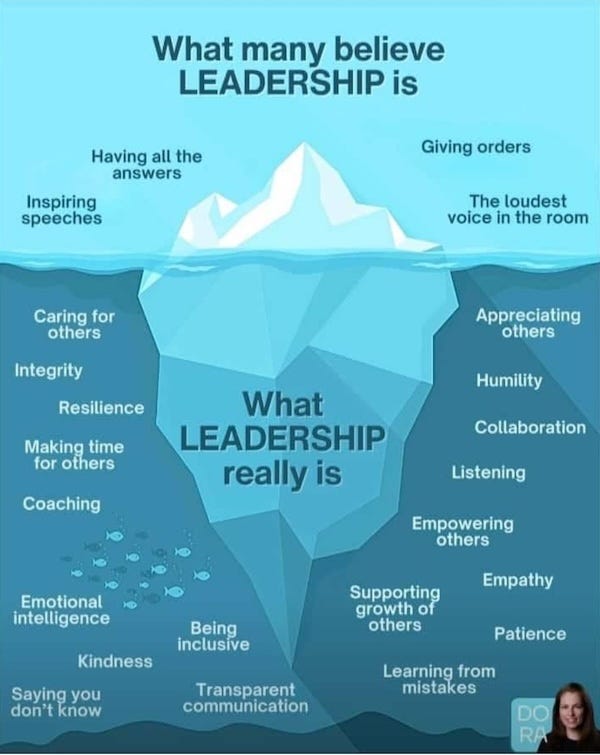275. I Don't Think You Understand Loyalty
There's a huge misconception about loyalty that is played out again and again in almost every company. It's your duty to fix it. And it starts with your puppy.
SOLD OUT!
The May 29th Masterclass on Accountability at Work was great.
Don’t miss the next one on June 12.
The 4 simple secrets to creating a culture of Accountability works.
It’s been used at Fortune 500s, startups, and everything in between.
It’s been implemented in all different types of industries: SaaS, service, agency, government, CPG, and more.
If you have employees, this hour will transform your life.
Free MasterClass on Mastering Accountability At Work!
Space is limited!
Reserve your spot now
Imagine you have a young puppy.
Lucky you.
Your puppy is super cute. It even licks your face a lot, and that’s always a happy feeling.
Unfortunately, the puppy isn’t quite house-trained.
You keep the puppy in the living room. But the puppy constantly tears up the furniture and pees on the carpet.
You soon get pretty darn frustrated with the puppy’s behavior and the fact that it just won’t listen to what you tell it to do. But, hey, the puppy is cute and there’s that face-licking thing, so that’s gotta count for something, right?
Eventually, you get so fed up with the puppy’s behavior that you decide to do something about it. But there’s no sense in doing anything too dramatic cause, well, even though it doesn’t do what you want it to, it’s still cute as a button.
So you move the puppy from the living room into the basement.
That’ll fix everything.
Out of sight, out of mind.
But we all know what happens. The puppy continues to pee on the floor. Eventually the aroma not only bothers you but it annoys the whole family.
Plus the puppy barks a lot. Nobody can concentrate.
Oh, and it still tears things up, like the hot water heater ducts and all those other things in the basement that you don’t want torn up.
Maybe simply moving the puppy to another location wasn’t the best tactic to fix the problem, after all, eh?
So riddle me this, Rover… why the heck does this scenario play out so darn often at so many companies?
The Misconception of Loyalty
I once fired a salesperson for not hitting their baseline goal. They accused me of not being loyal.
Here’s the story…
The salesperson had worked for me for 5 years. During the first three years, he did well. He said he loved his job and never wanted to work for another company. In the last two years, he didn’t even bring in enough revenue to cover his salary.
For those last two years, I did everything I could to try and help him be successful in his job. But it just didn’t work.
So I fired him.
He didn’t think I was being loyal by firing him. I suppose loyalty, in his mind, involved me continuing to pay his high salary even though he couldn’t meet the requirements of the job description.
My perspective was different.
I felt like I was extremely loyal. After all, I spent two years trying to help him succeed, rather than firing him immediately. It costs me hundreds of thousands of dollars to try and reboot his career.
And it didn’t work.
This, oddly enough, brings us back to the puppy that you put in the basement.
I Don’t Think You Understand Loyalty
In my leadership coaching practice, I come across hundreds of companies that keep paying employees to do jobs even though the employee is unable to actually meet the basic requirements of the role.
Sometimes the ineptitude is due to the changing needs of the company.
That happens.
Sometimes it’s a result of the employee being elevated to a role that exceeds their actual skillset. That happens too.
And, like in the case of my former salesperson, sometimes the employee simply doesn’t do a good job anymore.
Regardless of the reason for the poor performance, many leaders believe that it is a display of loyalty to continue keeping people on the payroll even though they suck at their jobs.
I don’t think you understand loyalty.
Rather than trying to mentor the employee, or downright firing them, they simply move the failing employee out of their current position of incompetence into a completely different position where they are destined to also be incompetent.
“Let them be somebody else’s problem,” is the thought that goes through the leader’s head. As if those words are ones you would use to describe loyalty in the first place.
It’s the leadership equivalent of moving the puppy to the basement and expecting that it won’t keep making a mess.
Out of sight out of mind is never a good growth strategy.
And out of sight out of mind does not show loyalty.
And this finally brings me to my main point in writing this nonsense.
Loyalty Starts With The Job
A company’s purpose is to grow. Its purpose is to make money.
A leader’s job is to make decisions that fulfill that purpose.
But there’s a major mistake that many leaders make:
They focus on finding jobs to fit people instead of finding people to fit jobs.
Let’s read that one again so you really understand it.
A leader’s responsibility is to find people to fit jobs, not to find jobs to fit people.
Finding people to fit jobs is exactly what I did with my former salesperson. That employee no longer fit the job description so, instead of risking our growth potential by keeping them around, I replaced them with another person who could better fit the job.
On the other hand, finding jobs to fit people is what you did with the puppy. It’s mistaken loyalty. When you find a job to fit a person you’re just keeping problem employees on the payroll because you’re scared to get rid of them.
If you are getting frustrated with an employee because they can’t do their job effectively, I will bet all the bananas in Bolivia that the employee is frustrated with their job as well. And probably with you.
So stop putting the proverbial puppy in the proverbial basement.
Take some time and mentor the employees who need support. Help them succeed. THAT is what loyalty means.
And, hey, if your teachings don’t work, I’m sure another company will adopt them.
They can pee on somebody else’s floor.
Thank you for reading.
I appreciate you,
Jeff Matlow
More about me
Somewhat Relevant Quote
“If you don’t get rid of the bad apples you’re essentially paying someone to slowly ruin your company.”
Galen Emanuele - Author, speaker, self-described nerd
For more leadership insights, subscribe to The Best Leadership Podcast Ever on YouTube, Apple, Spotify or your favorite podcast player.
▶️ In Case You Missed It...
This Week In Leadership
Lessons from the Interwebs
This gem of a reminder is from Calvin Onyi. I pretty much feel guilty for all of them.
Remember the Iceberg of Ignorance? Well, Amy Maharaj shared this amazing image that I’ll call the Iceberg of Leadership.
Dr. Tom Dreyer has this idea about leaders being Funnel or Umbrella type leaders and I have to say, I’m buying in.
Follow for more…
🎥 Subscribe on YouTube
⏰ Follow me on TikTok
📖 Follow me on Facebook
⛓️ Follow me on LinkedIn
📷 Follow me on Instagram
🅧 Follow me on X (Twitter)









